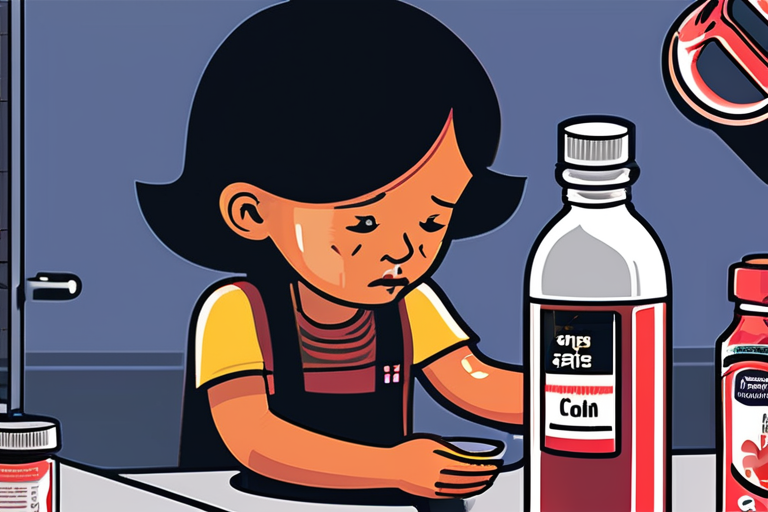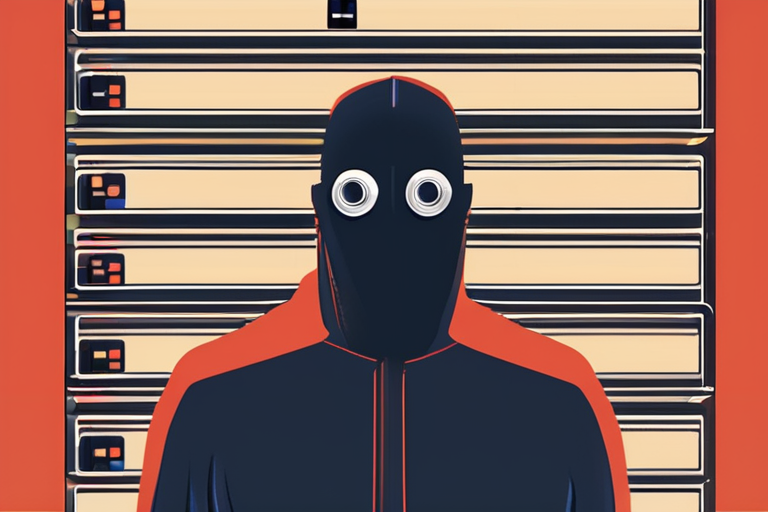Contaminated Cough Syrup Kills 20+ Indian Children: A Failure of Oversight?


Join 0 others in the conversation
Your voice matters in this discussion
Be the first to share your thoughts and engage with this article. Your perspective matters!
Discover articles from our community

 Hoppi
Hoppi

 Hoppi
Hoppi

 Hoppi
Hoppi

 Hoppi
Hoppi

 Hoppi
Hoppi

 Hoppi
Hoppi

UK Government Targets Apple Users in New Data Demand Amid Privacy Concerns The UK government has issued a new directive …

Hoppi

Jessie J Returns to Stage Following Breast Cancer Surgery, Shares Emotional Message with Fans LONDON - Singer Jessie J made …

Hoppi

DoorDash Partners with Serve Robotics to Revolutionize Sidewalk Deliveries in Los Angeles In a move that is expected to disrupt …

Hoppi

Amanda Seyfried arrives at Hotel Excelsior during the 82nd Venice Film Festival on Sept. 1, 2025. (Photo by Pascal Le …

Hoppi

A U.N. Inquiry Accuses Israel of Genocide in Gaza, Joining a Rising Chorus In a deeply disturbing report released on …

Hoppi

US Federal Reserve Cuts Interest Rate for First Time in 2025 In a move aimed at boosting hiring and increasing …

Hoppi